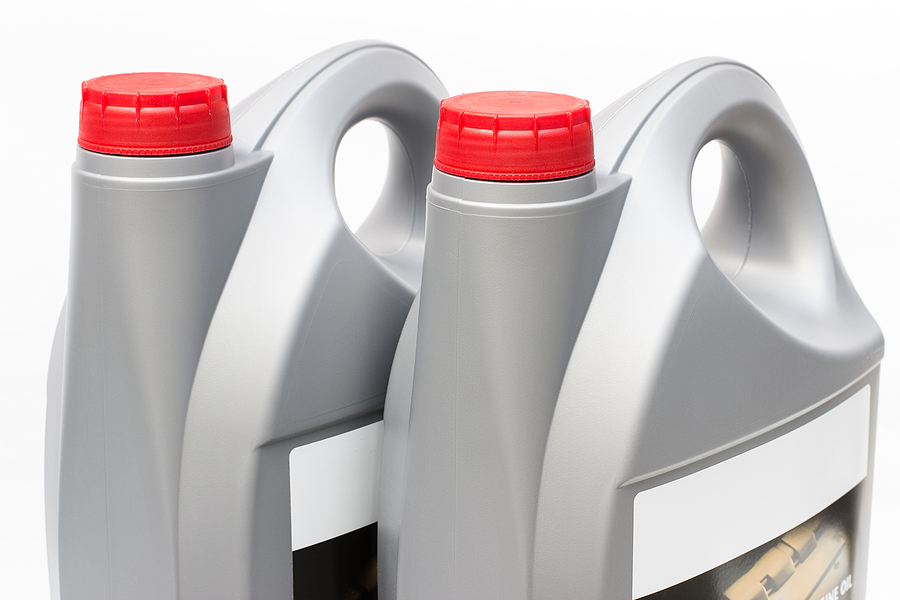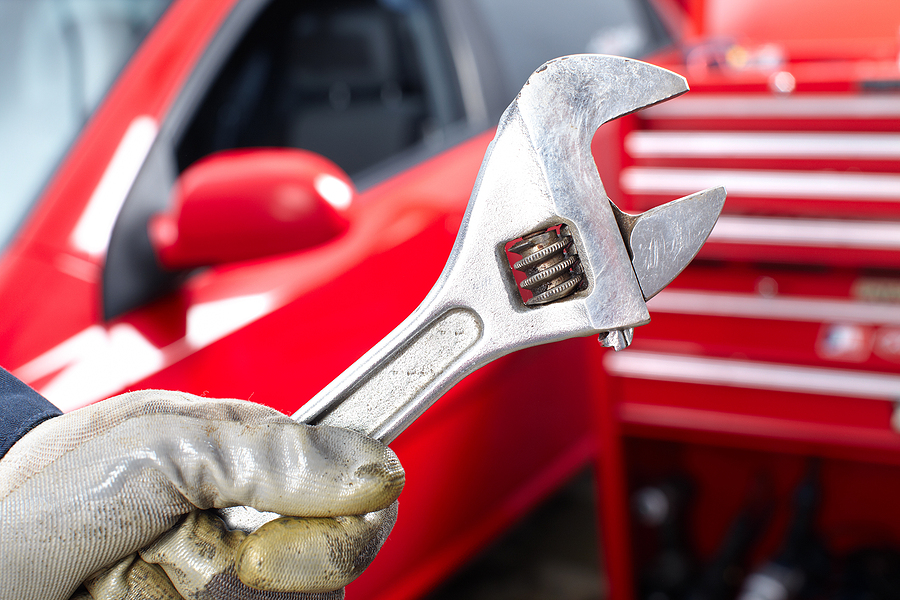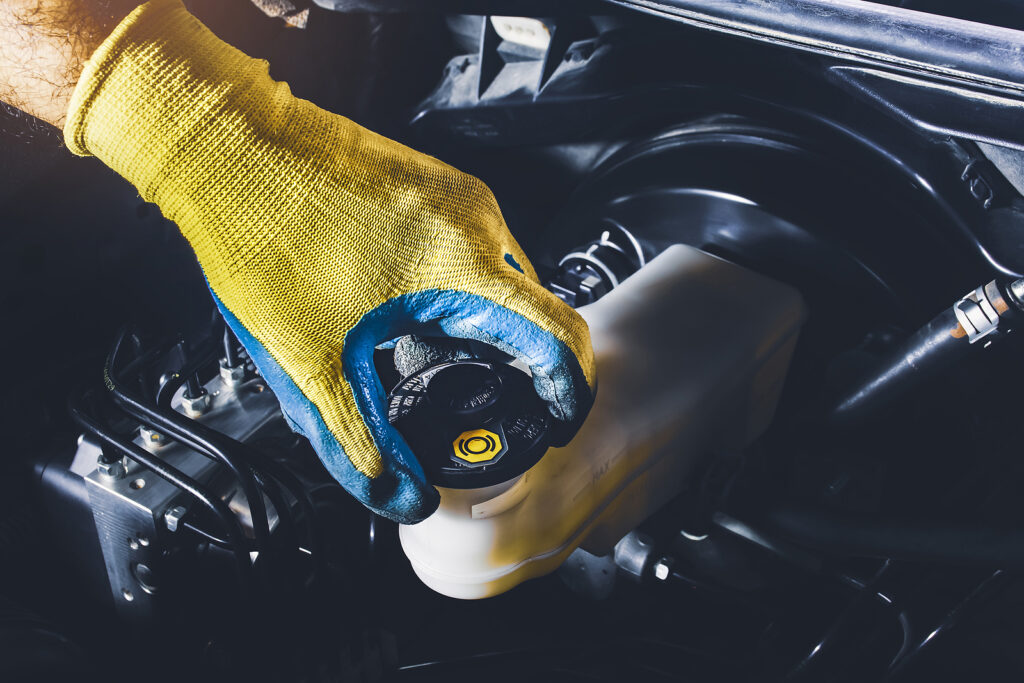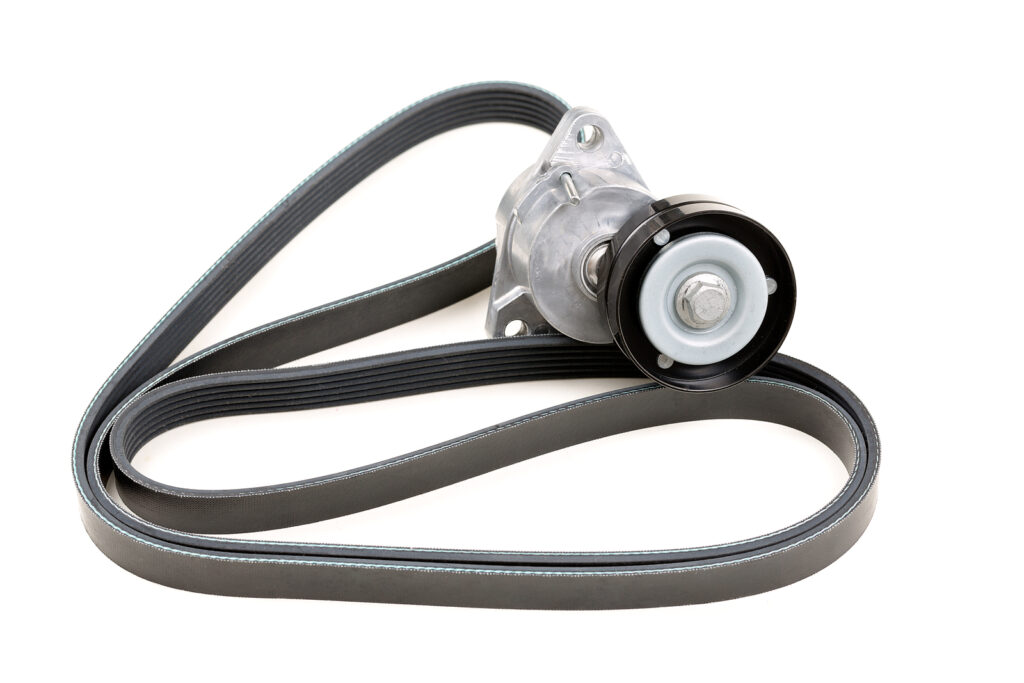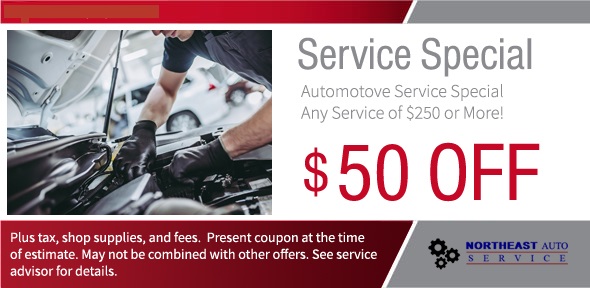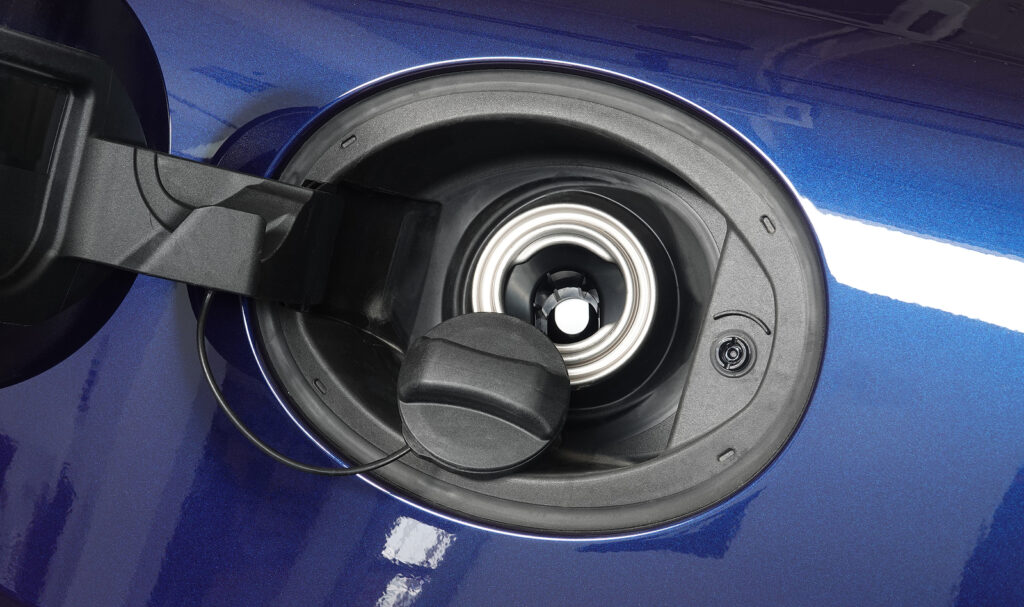When it comes to finding an auto repair shop you can trust, it’s important to do your research. You want a licensed mechanic who is knowledgeable and experienced in working on your make and model of car. It’s also important to find one that has good customer service with fair prices. With the right auto repair business, you can be sure your car will be serviced properly and safely so you can get back on the road as soon as possible.
Below are some important tips for selecting the best auto repair shop for all of your automotive needs.
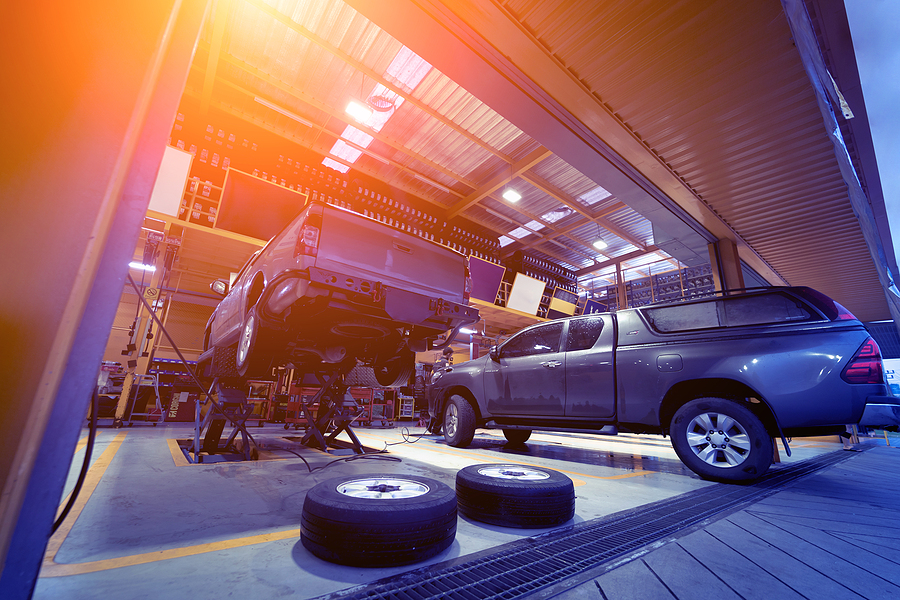
Be Diligent When Looking for a Good Automotive Repair Shop
1. Ask For Recommendations – Talk to friends and family members who have recently had repairs done on their vehicles. They can provide you with helpful information about the auto repair shop they used and if they would recommend it based on their experience. You can also contact your local Better Business Bureau or Chamber of Commerce to see if there are any complaints lodged against a particular automotive service and repair business.
2. Check For Certifications – A good auto repair shop will be certified by leading automotive organizations, like Automotive Service Excellence (ASE) or National Institute for Automotive Service Excellence (ASE). This certification ensures that the mechanics working at the shop are experienced in safely servicing all makes and models of cars, as well as being knowledgeable about the latest automotive technology.
3. Make Sure The Shop Uses Quality Parts – Before committing to a repair, inquire about the type of parts being used for the repairs. Quality parts are essential for proper performance and safe operation of your car, so they should always be used when possible. If a shop says they can do a repair on the cheap but use substandard or recycled parts, it’s best to look for another option.
4. Get Quotes From Multiple Shops – Once you have narrowed down your list of potential auto repair shops, get an estimate from each one so you can make an educated decision on who to go with. Some mechanics may try to add in extra services that aren’t necessary, so it is important to get multiple quotes to compare.
5. Read Reviews – Before making a final decision, it’s also helpful to read online reviews from past customers. This will give you an idea of the quality of service and customer satisfaction that can be expected when choosing a particular auto repair shop.
Get In Touch With a Trusted Indianapolis Mechanic Today
By taking the time to do your research and following these tips, you can find an auto repair shop you can trust for all of your automotive needs. With the right Indianapolis automotive repair shop on your side, you can have peace of mind knowing that any work done on your car is safe and reliable.
Want to just skip the hassle of searching around for trusted auto repair businesses in the Indy area? Good – because you are already in the right spot! Call Northeast Auto Service at 317-475-1846 for superior, ASE licensed auto repair and service in Indianapolis, Indiana. We service all make and model vehicles.
Related Posts:
Check Out These Indianapolis Auto Repair Coupons and Discounts
What You Need to Know About Car Repair Insurance
How to Make Your Car Last Longer For Cheaper


